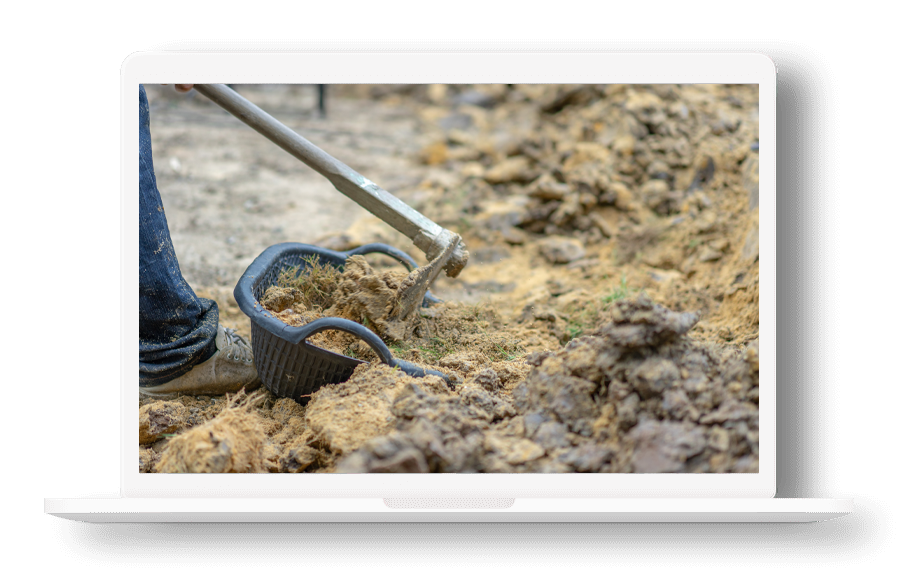VENUS
Work plan
The project will be implemented based on 6 work packages with a total number of 20 tasks.

WP 1:
Project management & coordination.
WP 2:
Operation of NUS Pilots and Validation of BMPs. Pillar 1 focuses on the operation of 11 NUS pilot sites across 7 Mediterranean countries. These sites will showcase the cultivation of 10 neglected and underutilized species (NUS) in conjunction with specifically tailored Best Management Practices (BMPs) that consider the unique characteristics of NUS and environmental limitations. The primary goal of these BMPs is to improve and maintain soil health, thereby addressing four of the eight Soil Mission Objectives (SMOs): reducing desertification, conserving soil organic carbon stocks, preventing erosion, and enhancing soil structure to promote soil biodiversity.
WP 3:
Quality assessment of NUS production for various market applications. The quality of NUS production will be evaluated for its potential in three key areas: as food, for cosmeceutical and pharmaceutical products, and as a raw material for biofuels. Food quality will be assessed based on physical properties, metabolite content, and health-promoting attributes. For cosmeceutical and pharmaceutical uses, the focus will be on secondary metabolites that protect cells, with bioactive compounds being analyzed for industrial relevance. Biofuel potential will be determined by testing biomass for methane and bioethanol production under various conditions to maximize bioenergy output.
WP 4:
Market-social analysis, Living Labs establishment, business models for NUS production systems. The project will evaluate the current state of NUS production and market integration in the partner regions and countries. This assessment will draw from a variety of sources, including stakeholder interviews and questionnaires aimed at gauging knowledge and social acceptance of NUS. The findings will help identify regional connections between markets, stakeholders, and project partners, ultimately leading to the creation of local Living Labs with distinct Lighthouses, formalized through memorandums of cooperation. Insights from these activities will support the development of business models and plans for NUS production systems. These business strategies will be refined through online partner meetings and evaluated based on criteria such as alignment with stakeholder interests and growth potential. The finalized business models will serve as a foundation for comprehensive Business Plans, facilitating the successful commercial exploitation of NUS production systems.
WP 5:
Scalability-transferability assessment of NUS production systems and contribution to SDGs. This research approach that integrates knowledge from previous work packages (WPs) with new analyses to evaluate the potential for transferring and scaling up Neglected and Underutilized Species (NUS) production systems, using pilot case studies across the Mediterranean. Geospatial data on abiotic factors like soil, climate, and topography will be harmonized to identify ecoclimatic zones suitable for NUS cultivation, considering climate change projections up to 2050 based on CMIP6 data for SSP2-45 and SSP5-85 scenarios. Suitability maps will be created for NUS production under current and future climates, and a Decision Support System (DSS) will be developed to help users assess land suitability, incorporating socioeconomic factors. This methodology aims to enhance the understanding and promotion of NUS production in the face of changing environmental conditions.
WP 6:
Communication-dissemination actions and multi-actor engagement. To maximize the impact of VENUS, the project aims to disseminate outcomes to diverse stakeholders, including farmers, policymakers, academia, the industry, and the public, with special attention to women and youth. Dissemination strategies involve participating in conferences, publishing in open-access journals, hosting open days and online workshops, and organizing seminars for students and young scientists. Educational materials will be created to raise awareness about climate change and the benefits of NUS cultivation. The project will foster collaboration with related initiatives, promote policy development through a NUS Policy Initiative brief, and leverage social media for broader communication. Additionally, NUS products will be showcased through culinary events, and a lasting network platform will be established on the project website to sustain stakeholder engagement post-project.